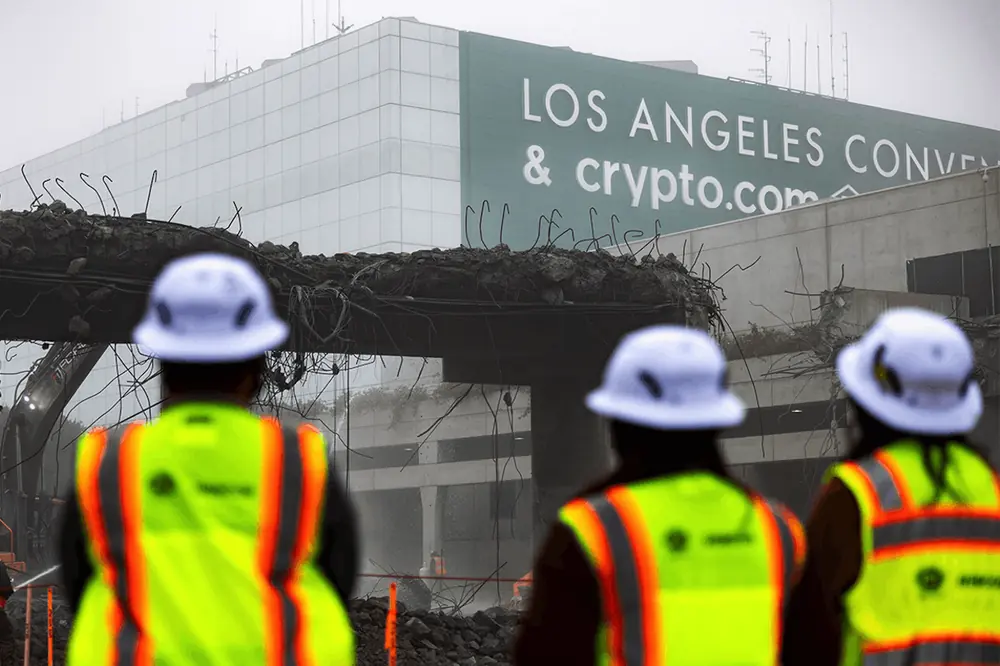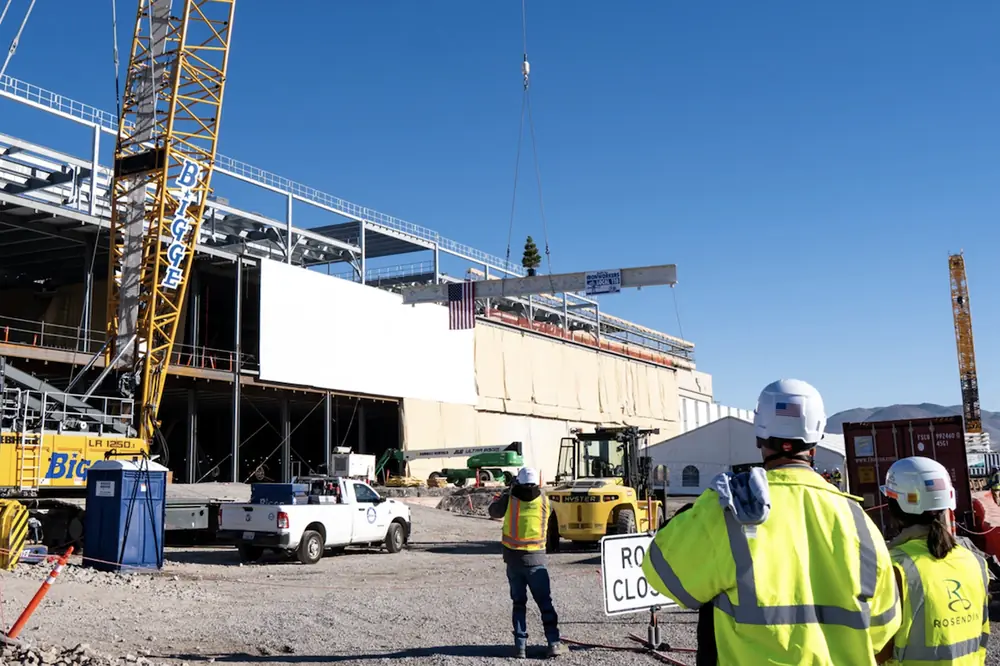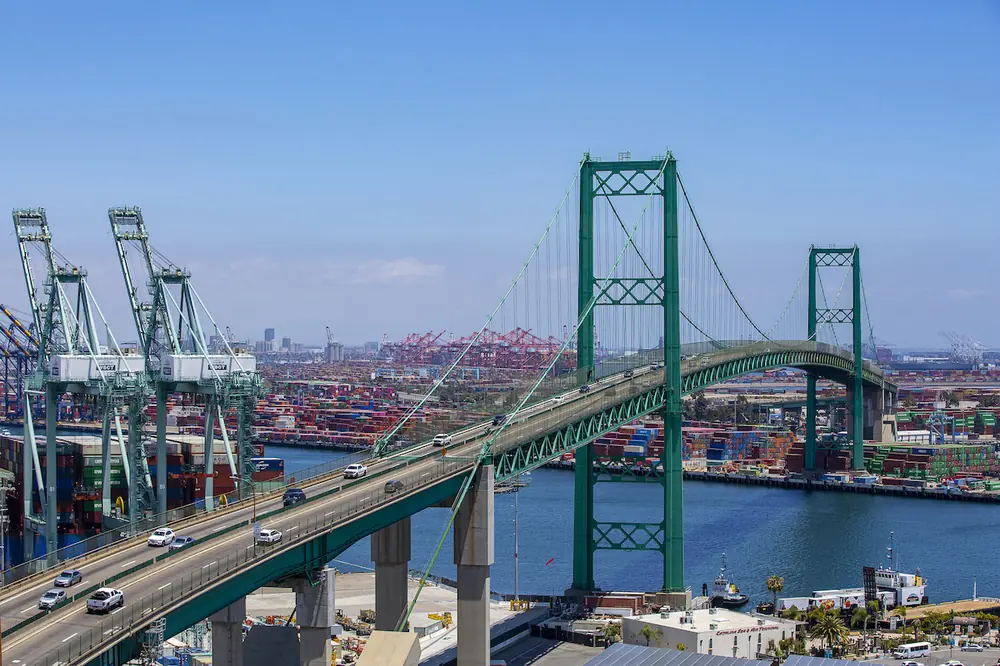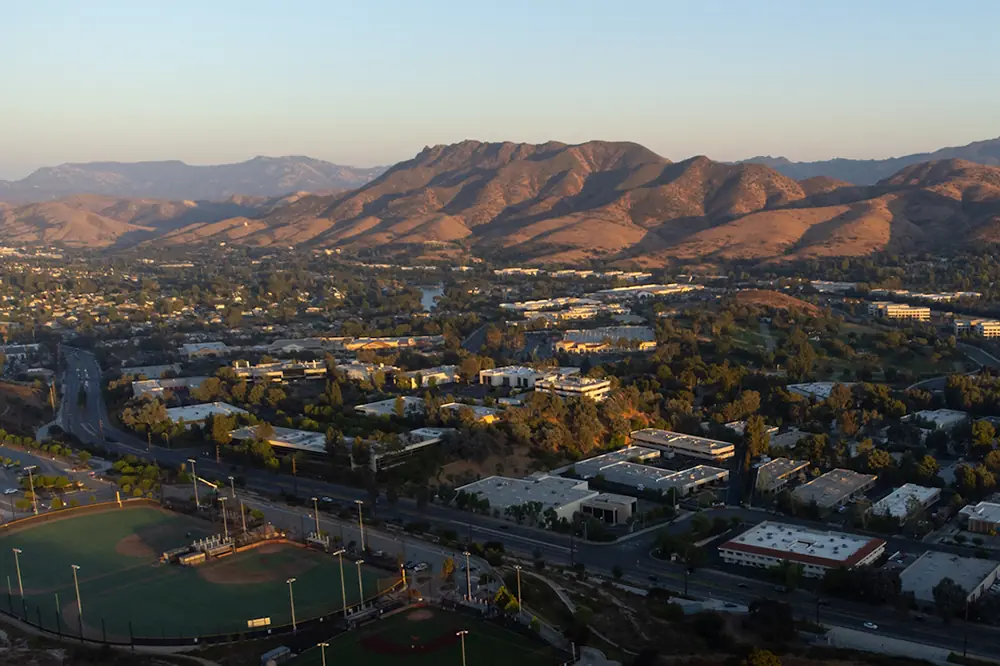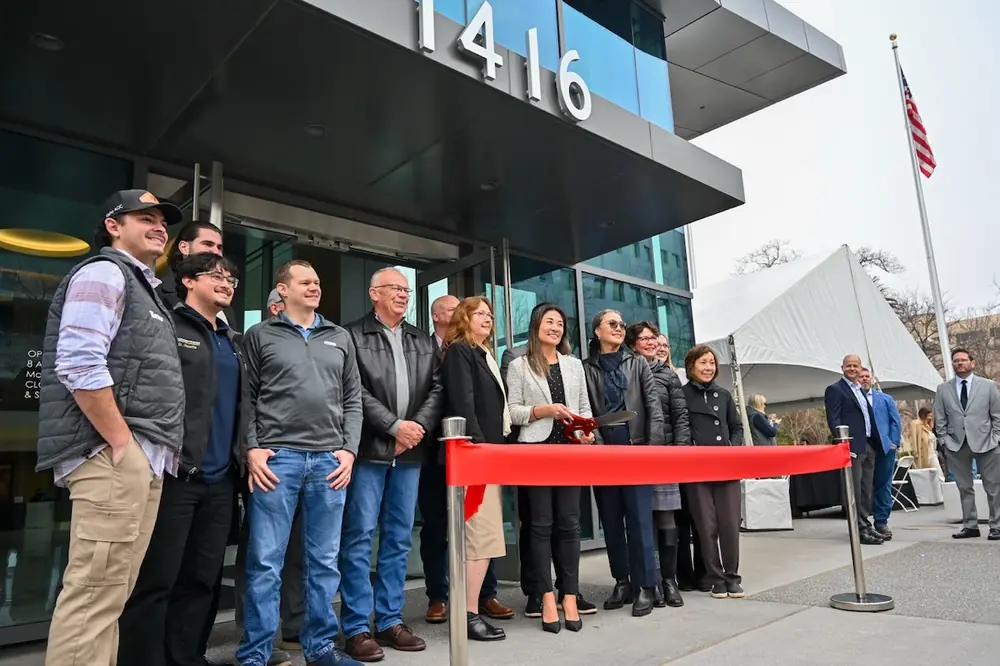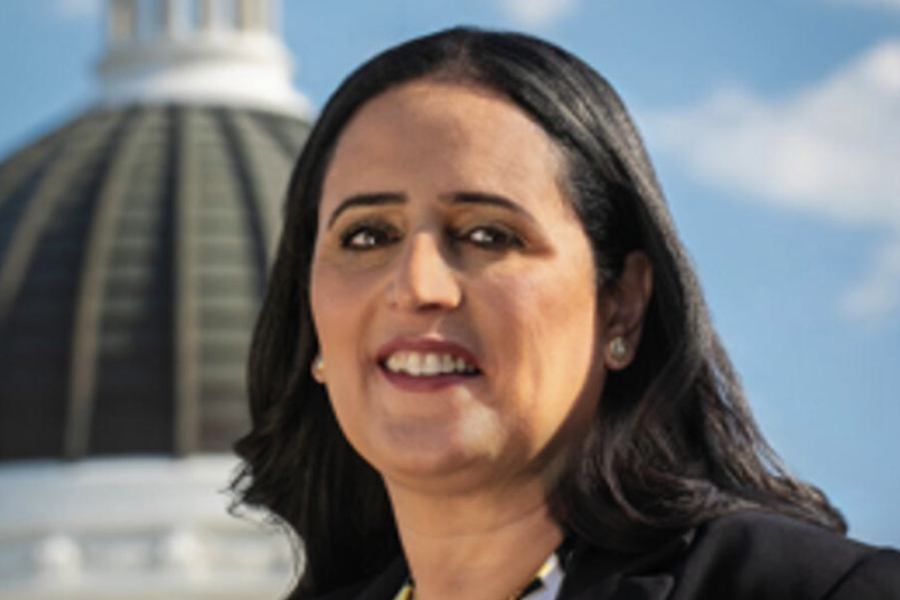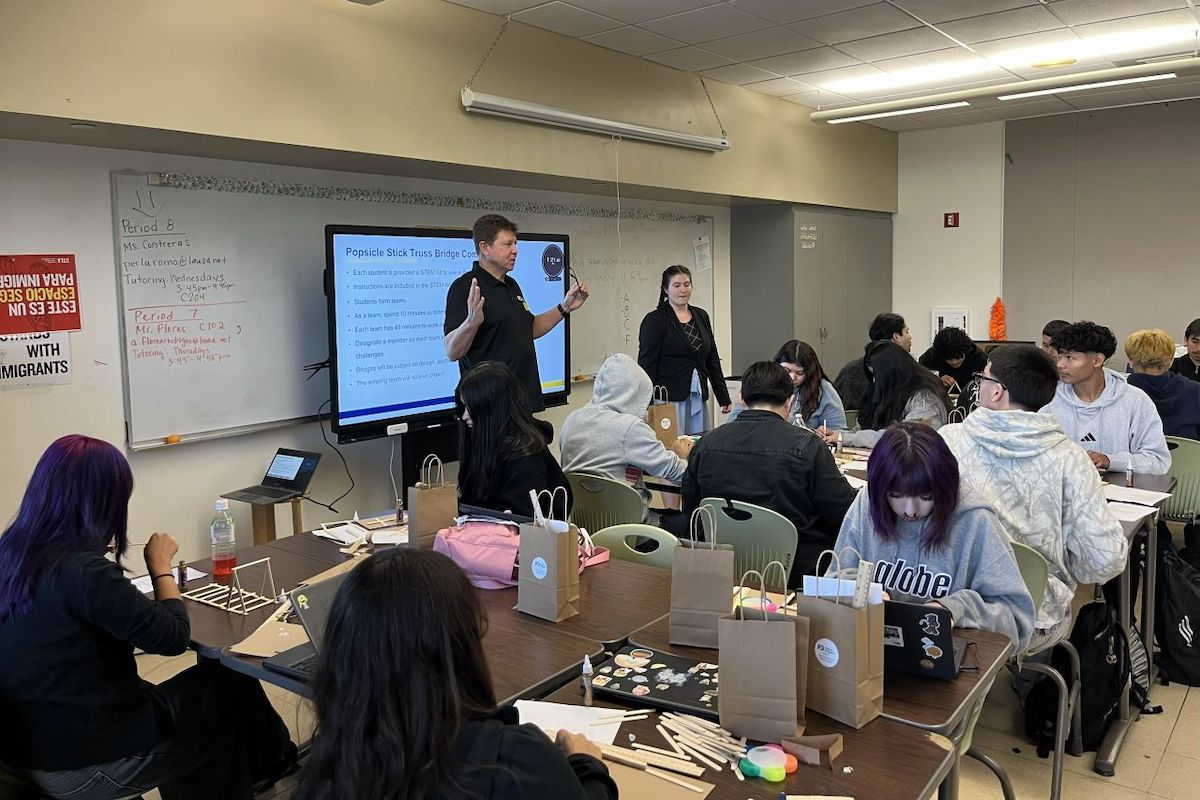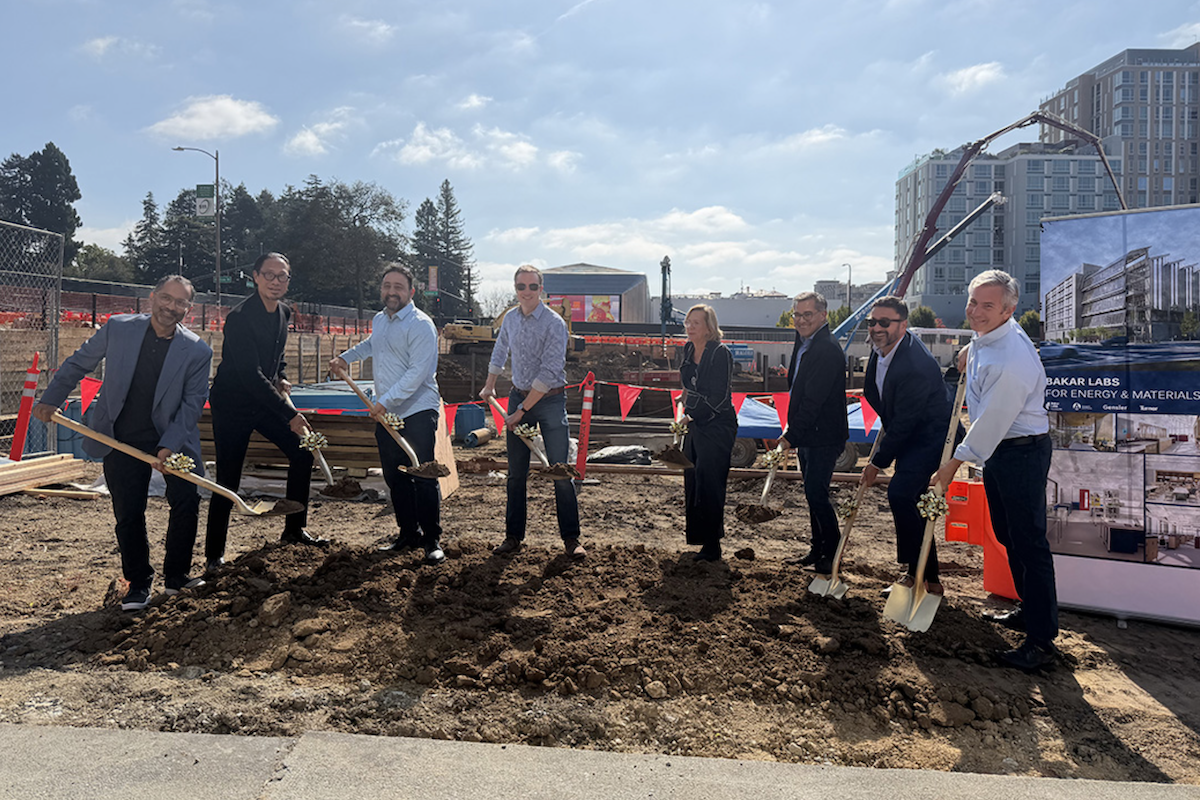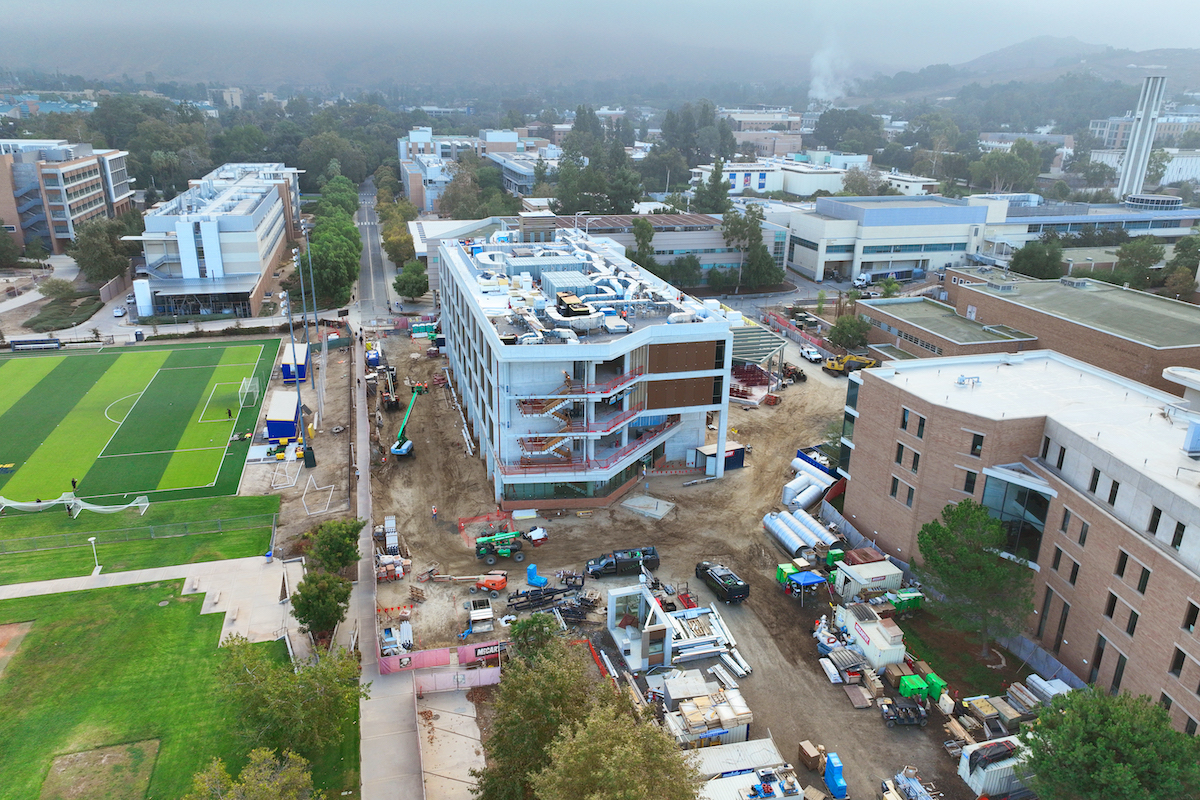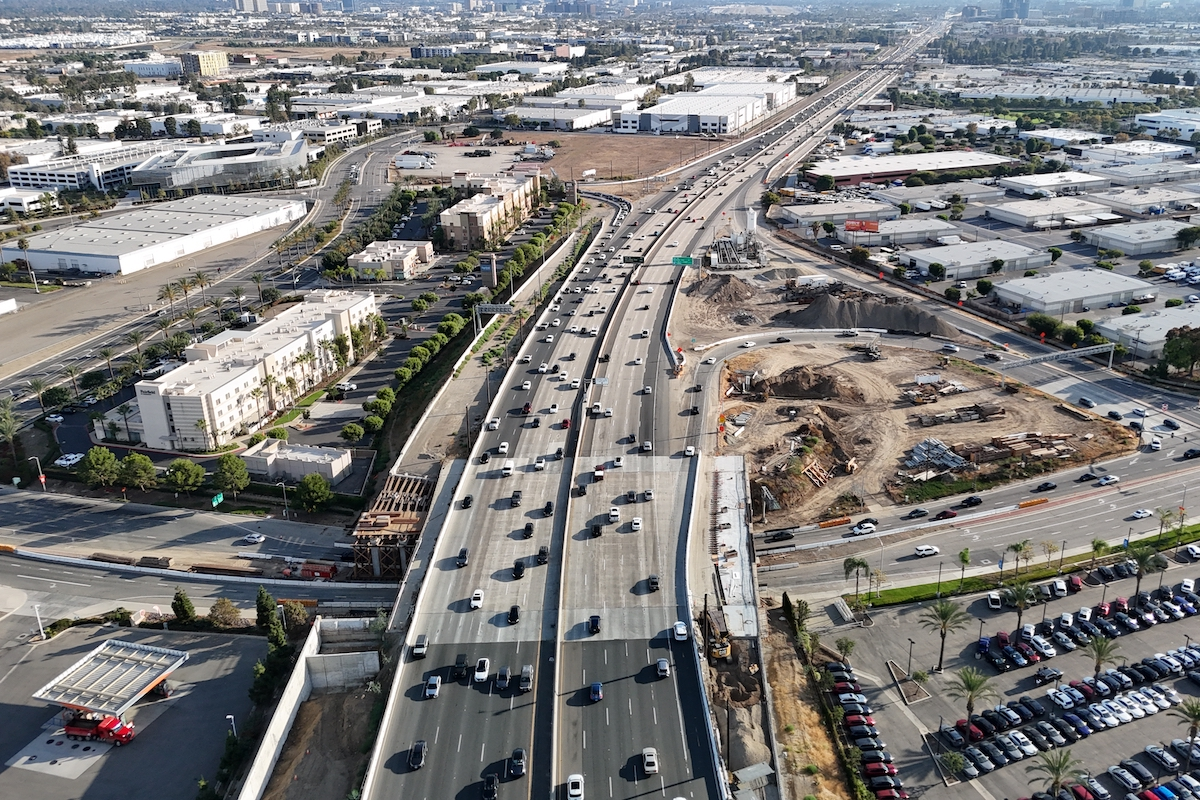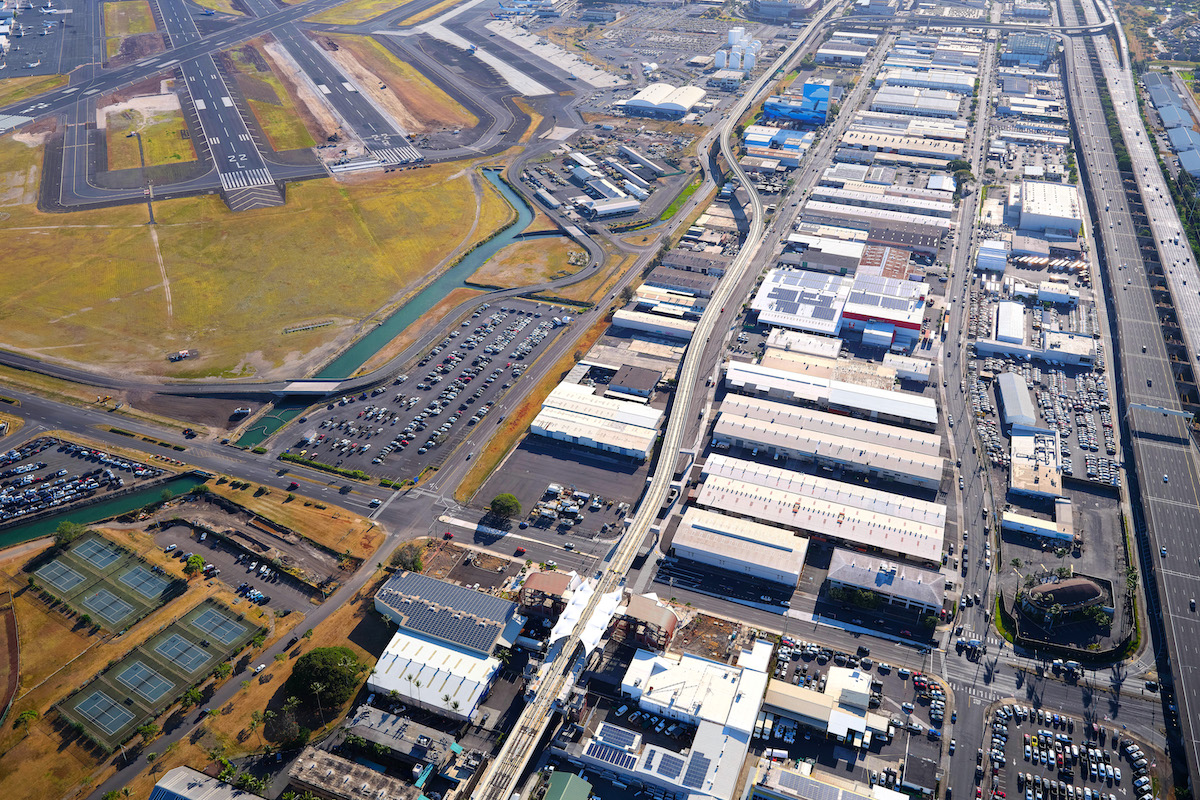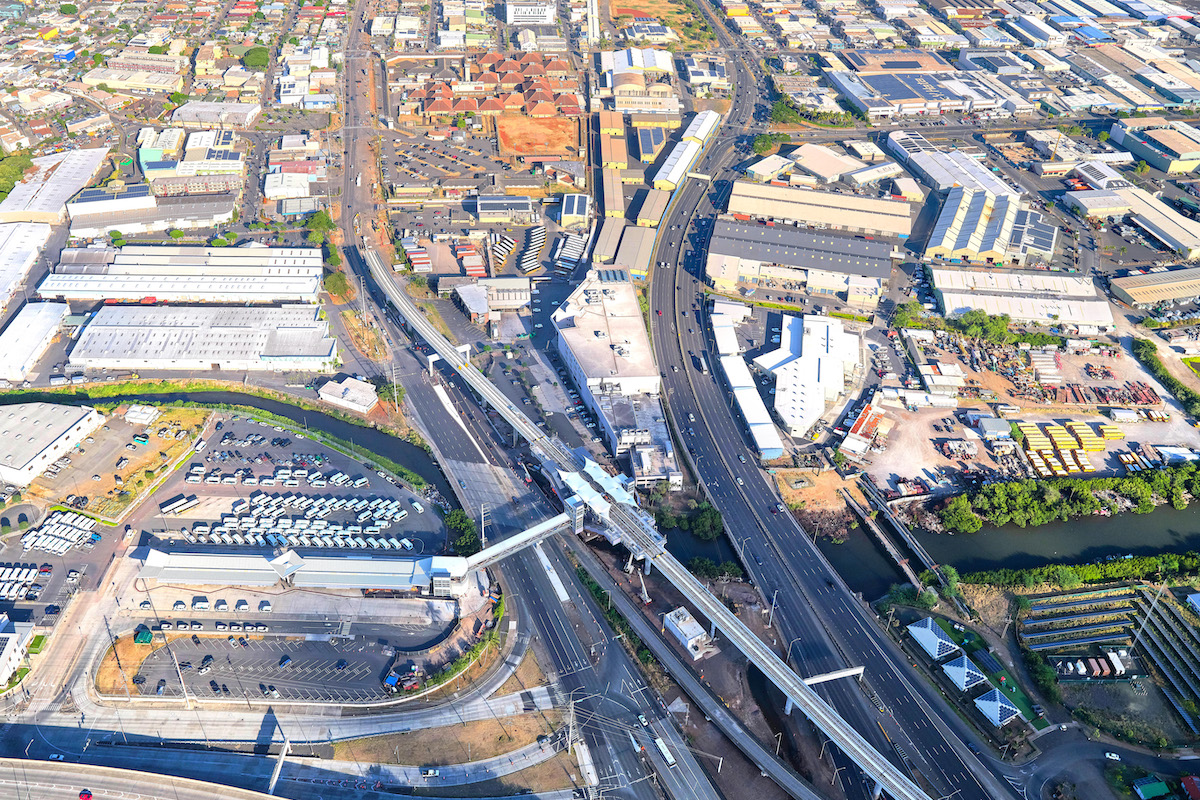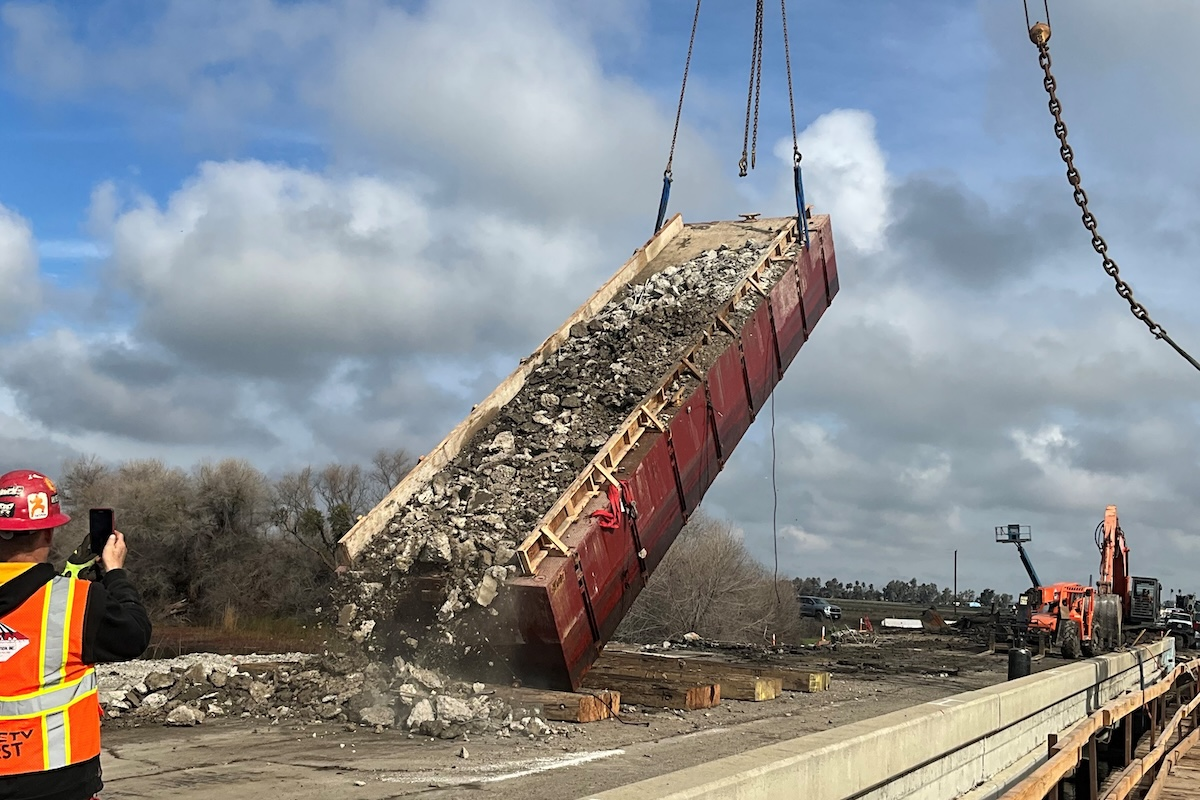The nearly $2 billion allocation reflects more than $571 million in funding from the 2021 federal Infrastructure Investment and Jobs Act (IIJA) and more than $257 million in funding from Senate Bill (SB) 1, the Road Repair and Accountability Act of 2017. The $2.3 billion is comprised of $1.75 billion representing the third funding cycle of programs established by SB 1 and $540 million in active transportation projects sponsored by local metropolitan planning organizations (MPOs), charting the course for future allocations.
“SB 1 and IIJA funding are helping rebuild and transform California’s transportation future, and we are putting that investment to work to create a system that allows all of us to travel in an equitable, safe, and sustainable way,” said Tony Tavares, California Department of Transportation (Caltrans) Director.
The additional $1.7 billion for future investments cover three SB 1 competitive grant programs: $1.1 billion for the Trade Corridor Enhancement Program (TCEP); $507.4 million for the Solutions for Congested Corridors Program (SCCP); and $142.4 million for the Local Partnership Program (LPP). The programs included, for the first time, input from the new Interagency Equity Advisory Committee in the evaluation of projects. This funding round also marks the first cycle to incorporate all principles of the state’s Climate Action Plan for Transportation Infrastructure.
The TCEP funding will go to 26 projects that support infrastructure improvements on corridors that carry a high volume of freight traffic with the goal of increasing efficiency, improving safety, and constructing an equitable and sustainable freight system. More than a third (10 of 26) of the TCEP projects include zero-emission technology components to support the deployment of a zero-emission freight transportation system and invest in light, medium, and heavy zero-emission vehicle infrastructure. The SCCP funding will go to 10 projects to achieve a balanced set of transportation, environmental, and community access improvements to reduce congestion throughout the state. All 10 SCCP projects are multimodal, and five include active transportation improvements. The LPP funding will go to 11 projects that support counties, cities, districts, and regional transportation agencies where voters have approved fees or taxes dedicated solely to transportation.

| Your local Trimble Construction Division dealer |
|---|
| SITECH Southwest |
| SITECH West |
| SITECH Southwest |
| SITECH West |
The CTC also adopted the 2023 MPO Active Transportation Program, totaling $540 million for future investments. The 134 projects approved for funding include a broad range of active transportation infrastructure improvements, including more than 120 miles of new bikeways, 60 miles of new sidewalks, and many other improvements to intersections, crosswalks, shade, and signage. More than 90 percent of the funding, $494 million, will fund projects benefitting disadvantaged communities, and $290 million (54%) will fund Safe Routes to School projects.
The IIJA, also known as the Bipartisan Infrastructure Law, is a once-in-a-generation investment in the nation's infrastructure to improve the sustainability and resiliency of energy, water, broadband, and transportation systems. Since November 2021, California has received more than $20 billion in federal infrastructure funding. That includes more than $15.1 billion in federal transportation funding to upgrade the state’s roads, bridges, rail, public transit, airports, electric vehicle charging network, ports, and waterways. These transportation investments alone have already created nearly 48,000 jobs.











